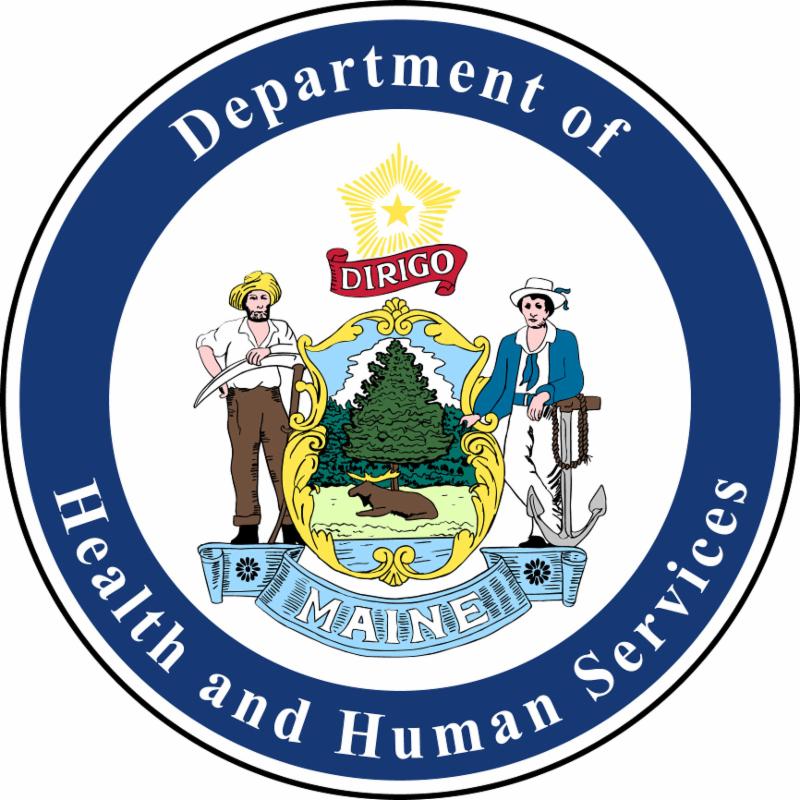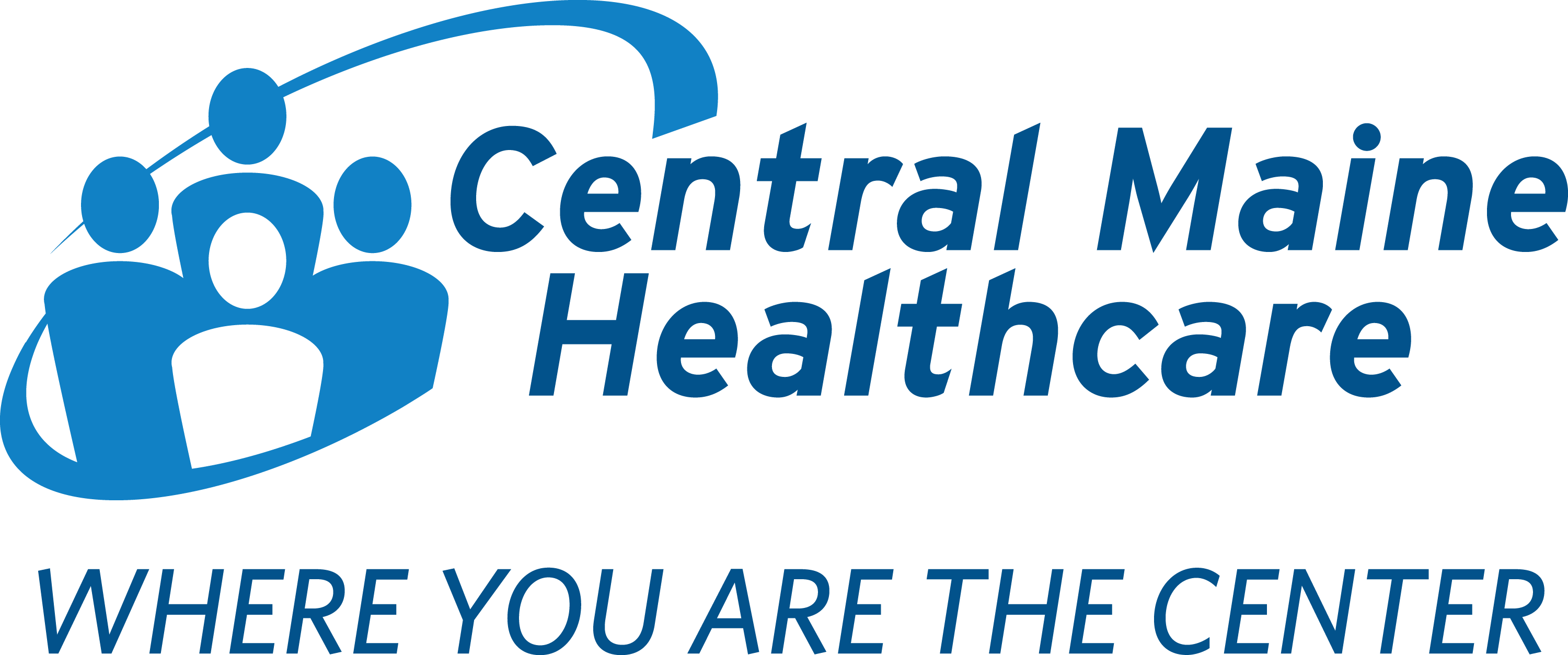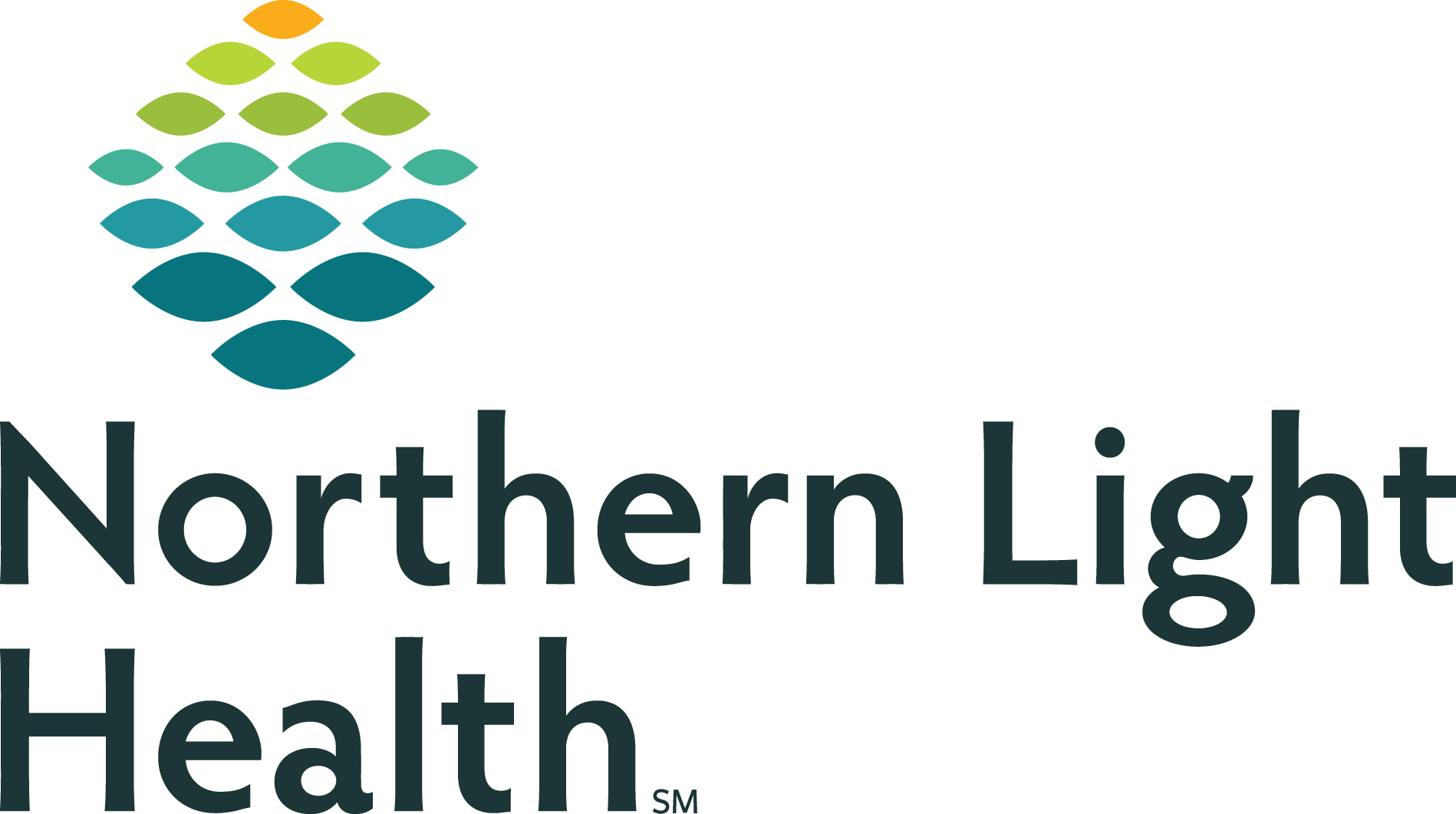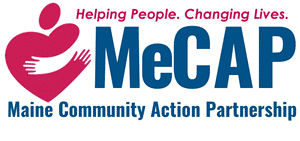DHHS → MeCDC → Data/Reports → Maine CHNA → About Maine CHNA
About Maine CHNA
Who we are
The Maine Shared CHNA (MSCHNA) began as the OneMaine Health Collaborative in 2007 as a partnership between MaineGeneral Health (MGH), MaineHealth (MH), and Northern Light Health (NLH-then known as Eastern Maine Healthcare System, or EMHS). After conversations with the Statewide Coordinating Council for Public Health, the Maine Center for Disease Control and Prevention (Maine CDC) joined the collaborative in 2012. The effort was then named the Maine Shared Health Needs Assessment and Planning Process (SHNAPP). Central Maine Healthcare (CMHC) joined the group in 2013. In 2014, CMHC, Maine CDC, MGH, MH and NLH signed a formal Memorandum of Understanding and drafted the first Charter to guide the collaborative. In 2017, the name was changed to the Maine Shared Community Health Needs Assessment. The Memorandum of Understanding was updated in 2019. In 2023, the Maine Community Action Partnership (MeCAP) joined the collaborative. The Memorandum of Understanding and Charter were most recently updated in October 2023 and November 2023 respectively.
What we do
The MSCHNA coordinates a collaborative state wide health assessments. By doing this together, we avoid duplicating our efforts while fostering collaborative partnerships. The MSCHNA reports provide up-to-date health information at the state, county, urban, and sub-population levels. This effort satisfies the need for all tax-exempt hospitals to do periodic needs assessments in order to meet federal community benefit requirements; supports state and local public health department’s national public health accreditation requirements; and provides valuable population health assessment data for a wide variety of organizations across Maine.
Funding for the Maine Shared CHNA is provided by the partnering healthcare systems with generous in-kind support from the Maine CDC. Governance is provided by the Steering Committee. Countless community partners and stakeholders provide additional support by participating in either the Metrics Committee, Community Engagement Committee, Local Planning Committees, or the Data Analysis Workgroup.
Central Maine Healthcare (CMHC)
Central Maine Healthcare is an integrated healthcare delivery system serving 400,000 people living in central, western, and mid-coast Maine. CMH's hospital facilities include Central Maine Medical Center in Lewiston, Bridgton Hospital, and Rumford Hospital. CMH also supports Central Maine Medical Group, a primary and specialty care practice organization with a presence in 17 Maine communities. Other system services include the Central Maine Heart and Vascular Institute, a regional trauma program, LifeFlight of Maine's southern Maine base, the Central Maine Comprehensive Cancer Center, and other high quality clinical services.
Maine Center for Disease Control and Prevention (Maine CDC)
Maine Center for Disease Control and Prevention (Maine CDC) is an office of the Maine Department of Health and Human Services, whose mission is to protest and promote the health and well-being of the people of Maine. Accredited by the Public Health Accreditation Board (PHAB), Maine CDC, in partnership with public health institutions in the state, participated in the development of the Maine Shared Community Health Needs Assessment. Maine CDC led the development of the Maine 2024–2029 State Health Improvement Plan, a collaborative framework for ensuring all people in Maine have a fair and just opportunity to attain their highest level of health, which is informed by the Maine Shared CHNA.
Maine Community Action Partnership
Maine Community Action Partnership (MeCAP) is a statewide organization dedicated to improving the quality of life of Maine citizens by advocating for, enhancing and supporting the work of Maine CAAs. Each of Maine's ten CAAs is rooted in the communities within which it serves, collectively touching the lives of approximately 140,000 clients. Each individual CAA has developed a mission statement and program focus areas specific to its organization and service area through community needs assessments. The unifying thread weaving the CAAs together is the strategic effort to improve the quality of life, health and economic circumstances of Maine's most vulnerable citizens -- specifically targeting Maine's low and very low-income people.
MaineGeneral Health (MGH)
MaineGeneral Health is an integrated, nonprofit health care system serving the Kennebec Valley community. MaineGeneral is the third largest health system in Maine and largest non-government employer in the Kennebec Valley with a mission to enhance, every day, the health of our patients, our families and our communities. MaineGeneral operates a 198-bed, state-of-the-art hospital: the Alfond Center for Health in Augusta; and the largest comprehensive outpatient center in the state: the Thayer Center for Health in Waterville. MaineGeneral includes a regional cancer center, primary care and specialty physician practices, long-term care facilities, rehabilitation, home health care and hospice services, specialized care for people with memory loss and community outreach programs.
MaineHealth (MH)
MaineHealth is a not-for-profit integrated health system whose vision is, “Working together so our communities are the healthiest in America.” It consists of nine local health systems, a comprehensive behavioral healthcare network, diagnostic services, home health agencies, and 1,700 employed providers working together through the MaineHealth Medical Group. With approximately 22,000 employees, MaineHealth provides preventive care, diagnosis and treatment to 1.1 million residents in Maine and New Hampshire. The MaineHealth system includes Franklin Memorial Hospital/Franklin Community Health Network, LincolnHealth, Maine Behavioral Healthcare, MaineHealth Care at Home, Maine Medical Center, Memorial Hospital, Mid Coast–Parkview Health, NorDx, Pen Bay Medical Center, Waldo County General Hospital, Southern Maine Health Care, Spring Harbor Hospital and Stephens Memorial Hospital/Western Maine Health Care. MaineHealth Affiliates include Maine General Health, New England Rehabilitation Hospital and St. Mary's Regional Medical Center. It is also a significant stakeholder in the MaineHealth Accountable Care Organization. Several of MaineHealth’s community hospitals have been recognized by The Leapfrog Group as Top Rural Hospitals. Additionally, The Leapfrog Group has given Hospital Safety “A” Grades to Maine Medical Center, Southern Maine Health Care and Mid Coast–Parkview Health for spring 2022. Our Maine hospitals are all Maine Tobacco-Free Hospital Network Gold Star Standard of Excellence recipients at the Platinum level. Accreditation from The Joint Commission and inclusions in Becker’s Hospital Review and U.S. News and World Report round out our recognition from leaders in U.S. health care evaluation
Northern Light Health (NLH)
At Northern Light Health, we’re building a better approach to healthcare because we believe people deserve access to care that works for them. As an integrated health delivery system serving Maine, we’re raising the bar with no-nonsense solutions that are leading the way to a healthier future for our state. Our care team—in hospitals, primary and specialty care practices, long-term and home healthcare, behavioral healthcare, and ground and air medical transport and emergency care—are committed to making healthcare work for you: our patients, communities, and employees. Northern Light Health member hospitals include: Northern Light Acadia, Northern Light AR Gould, Northern Light Blue Hill, Northern Light CA Dean, Northern Light Eastern Maine Medical Center (EMMC), Northern Light Inland, Northern Light Maine Coast, Northern Light Mercy, Northern Light Mayo, and Northern Light Sebasticook Valley. To learn more about Northern Light Health and our locations across Maine, visit www.northernlighthealth.org.
Committee Structure
Steering Committee
The Steering Committee is made up representatives from the partnering healthcare systems, Maine Community Action Partnership, and the Maine CDC. Together, they provide leadership for the creation of an efficient, integrated, and sustainable process to conduct triennial CHNAs and subsequent public health improvement plans, strategic plans, and hospital implementation strategies. This committee communicates with CEOs and leadership from their respective organizations on the status of the Maine Shared CHNA activities. Additionally, this group oversees the work of the Maine Shared CHNA Program Manager.
| Name | Affiliation |
|---|---|
| Corrie Brown | Central Maine Healthcare |
| Nancy Birkhimer | Maine Center for Disease Control and Prevention |
| Anne Conners | MaineGeneral Health |
| Dora Anne Mills | MaineHealth |
| Tim Cowan | MaineHealth |
| Jessica Shaffer | Northern Light Health |
| Heidi LeBlanc | Maine Community Action Partnership |
| Heather Drake | Maine Shared CHNA |
Metrics Committee
The Metrics Committee is charged with updating the common set of health and well-being indicators; developing the preliminary data analysis plan (to identify scope of work for Maine CDC and Maine Shared CHNA vendor); and reviewing best practices and research to ensure that indicators on emerging health and well-being issues are identified as needed. Members of the Metrics Committee share their expertise with the group to create processes and deliverables for the Steering Committee to review and approve. Members of the Metrics Committee include representatives of the Steering Committee, public health system partners, Community Action Program partners, academia, non-profits, community-based organizations, public health programs and departments, and others with experience and expertise in epidemiology, data and statistics.
Health Equity/Community Engagement Committee
The Community Engagement Committee is charged with developing a framework for engaging and building relationships with populations and communities to gain a better understanding of their health and well-being strengths, needs and underlying causes of health and well-being behaviors and outcomes. Members of the Community Engagement Committee share their expertise with the group to create processes and deliverables for the Steering Committee to review and approve. Members of the Community Engagement committee include representatives of the Steering Committee, public health system partners, Community Action Program partners, academia, non-profits, community-based organizations, public health programs and departments, and others with experience and expertise in community and relationship building and qualitative data.
Local Planning Committees
In addition to the state-level Community Engagement committee, local community engagement committees are formed to guide the logistics of community forums and events within each District. In some cases, County-level committees within public health districts have formed to do this work.
If you wish to join the effort or ensure you are kept informed of our progress please contact a Local Community Engagement Planning Committee near you.
For more information, contact:
Heather Drake, Program Manager
Maine Shared CHNA
info@mainechna.org







